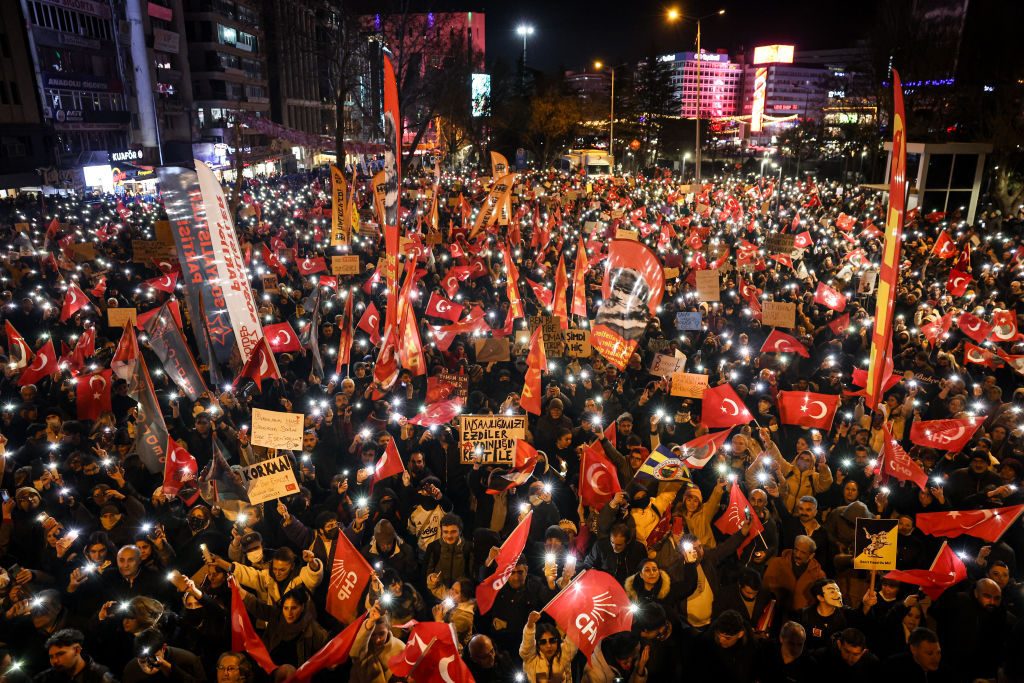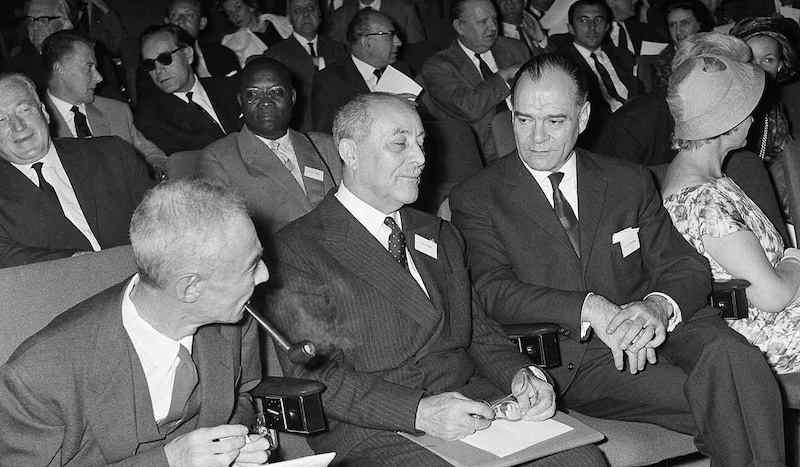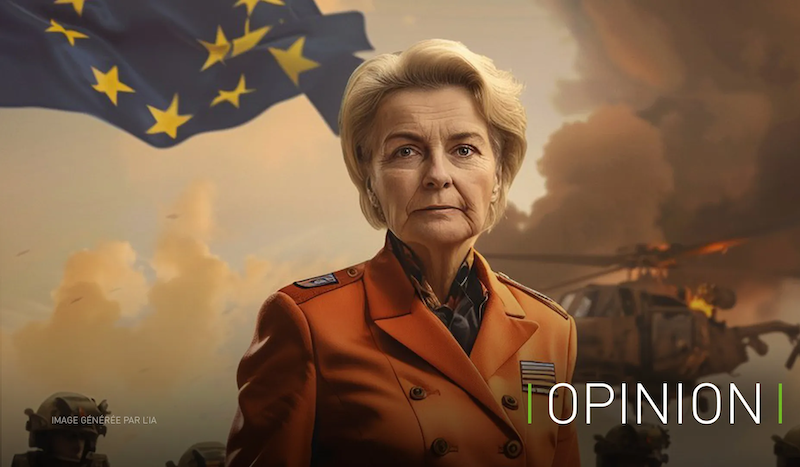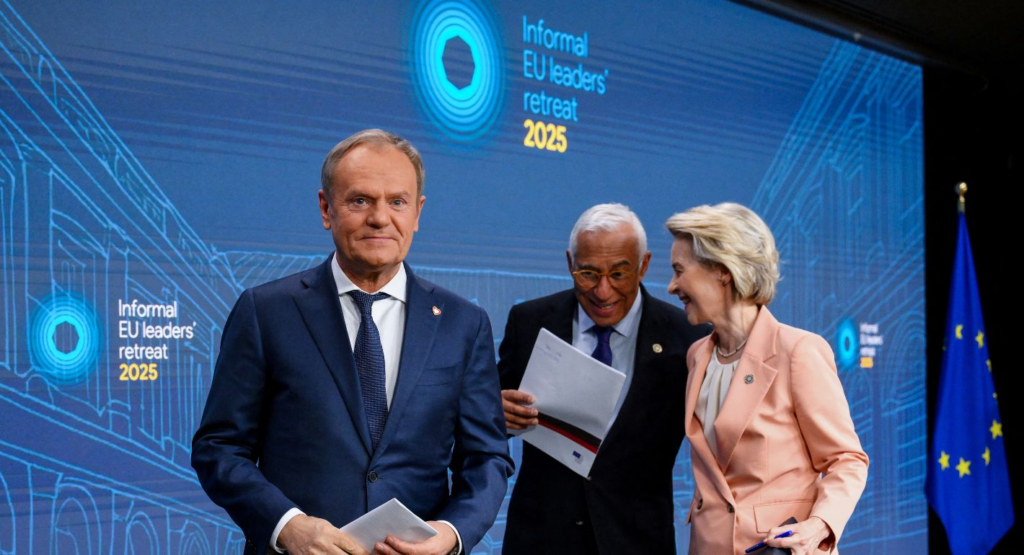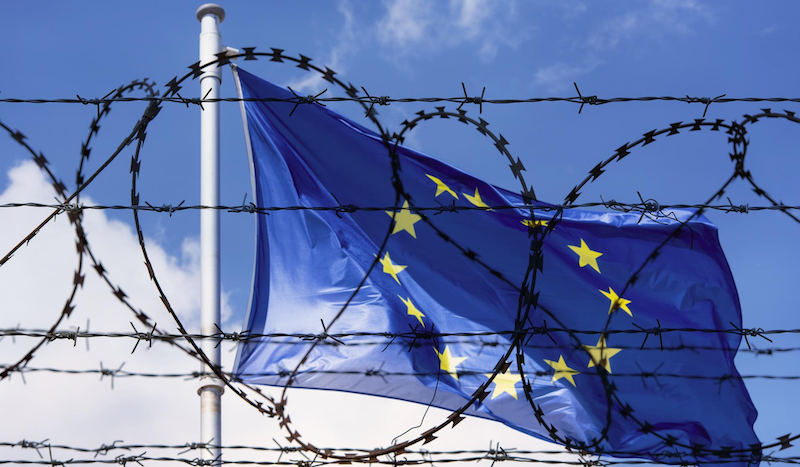Les signes annonciateurs d’une nouvelle grande guerre

Le recours à l’arme nucléaire : une propagande anxiogène ou la préparation à un réel danger ?
Les dernières déclarations bellicistes d’Emmanuel Macron ne sont que le énième exemple d’une tendance inquiétante : la banalisation dans le discours public de l’idée d’une troisième guerre mondiale.
À la fin de la guerre froide le consensus était, de part et d’autre du «rideau de fer», qu’une conflagration entre grandes puissances était nécessairement synonyme de catastrophe existentielle. Lorsqu’en novembre 1985 les présidents Reagan et Gorbachev ont fait à Genève leur déclaration historique affirmant qu’«une guerre nucléaire ne peut être gagnée et ne doit jamais être menée», cela a enterré, pour toujours pensait-on à l’époque, les craintes d’un tel conflit.


